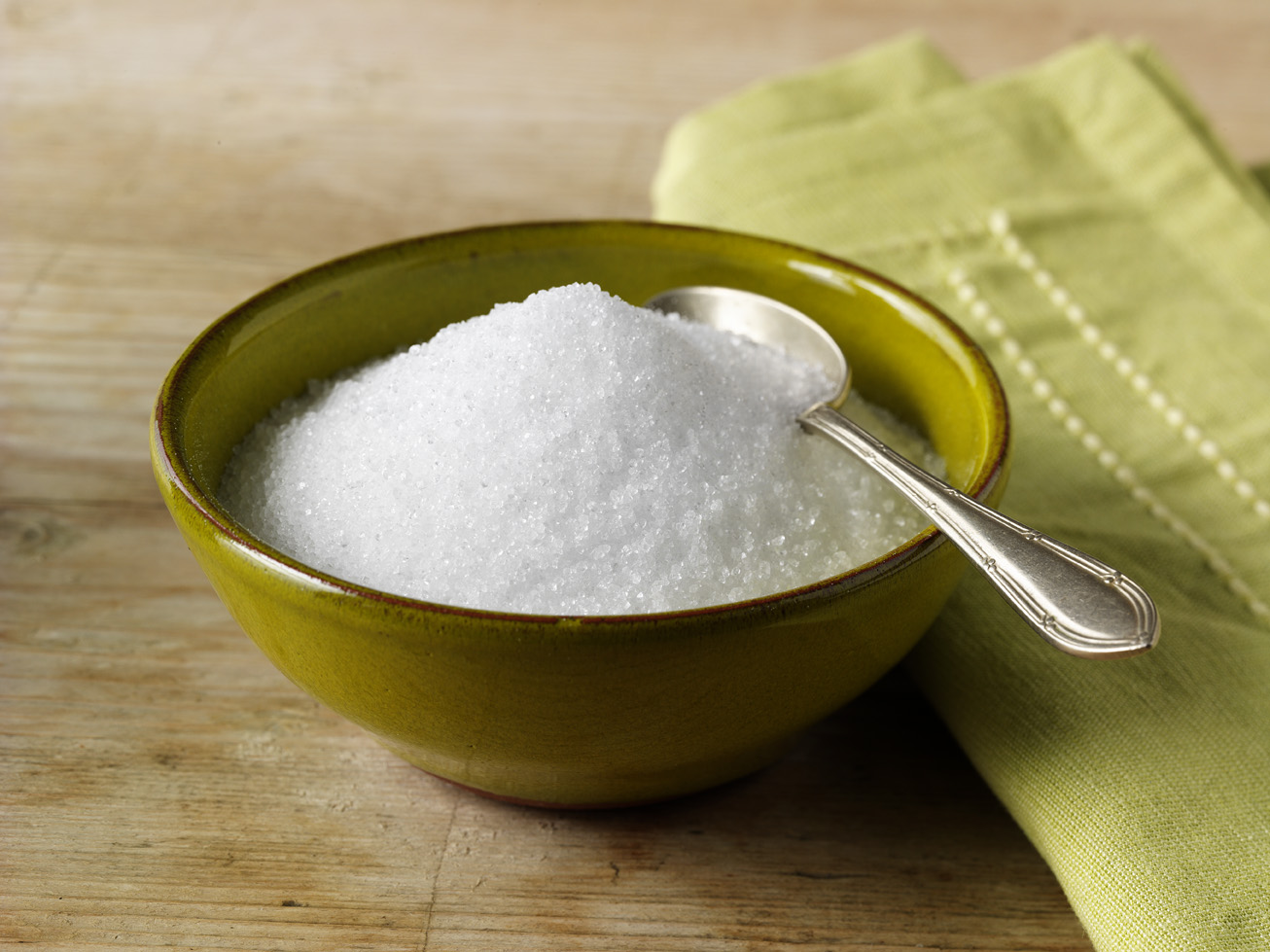The Dental Benefits of Xylitol
In addition to practicing proper dental hygiene and a healthy lifestyle, integrating healthy food choices can also improve both your oral and overall health. Xylitol, a natural alternative to sugar, offers not only dental benefits but also health benefits.
What is Xylitol?
Naturally found derived from the fibres of plants and extracted from a variety of vegetation including berries, mushrooms, birch bark and corn husks, xylitol is completely organic and natural. It is even produced naturally in small amounts by our bodies. It has the same sweet flavour as conventional sucrose sugar, but it has only two thirds the calorie count and is diabetic friendly.
What does Xylitol do?
Xylitol not only rids the mouth of sticky harmful bacteria, it actually promotes the growth of tooth-protective, non-acidic bacteria. Tooth decay happens when bacteria in your mouth consume the sugars we eat. Plaque bacteria use sucrose and carbohydrates from our diet to grow and multiply. They create sticky threads that allow them to attach to the tooth surface and each other to form thick layers and acids that damage teeth. When you eat food containing ordinary sugar (sucrose), it gives bacteria on your teeth energy, allowing them to multiply and start making acids that can eat away the enamel on the teeth. This “acid attack” causes tooth decay and cavities to begin to form.
However, when plaque bacteria absorb xylitol, they cannot multiply, produce acids, or stick to teeth. Toxic, cavity forming plaque bacteria die each time they are in contact with xylitol. As the harmful bacteria are cleaned away, new xylitol-resistant bacteria take their place. These new bacteria do not produce acids, do not damage teeth and do not form sticky layers of plaque. These bacteria appear to form a protective coating over teeth – fighting off intruding bacteria and protecting enamel from tooth decay.
The Benefits of Xylitol
Research has shown that the use of xylitol also helps repair damage to the enamel. Saliva in itself protects the mouth and teeth. Stimulated saliva in particular contains all the components needed to repair early cavities. Saliva that has xylitol is more alkaline than saliva stimulated by other sugar products. After taking xylitol products, the concentration of basic amino acids and ammonia in saliva and plaque may rise, and plaque pH rises as well. When pH is above 7, calcium and phosphate salts in saliva start to move into those parts of enamel that are weak. Therefore, soft, calcium-deficient enamel sites begin to harden again.
Eating food with Xylitol means less plaque will form on teeth, and eventually plaque bacteria may be undetectable in the mouth. Xylitol also reduces the equivalent calorie intake of sugar by 40% and is suitable for people with diabetes.
Adding Xylitol to Your Life
After learning how Xylitol works and how it can benefit your oral health, the next step is integrating it with your existing life and diet. Xylitol can be found in many dental products such as chewing gums, toothpastes, and mouthwash, giving you options to use it at home and on the go. It is used for its strong sweetening effect with having no aftertaste.
Xylitol can also be easily added used in your food, whether it is for breakfast, lunch, dinner or a snack! As an alternative to sugar, it can be used in place of sugar in any foods that do not require sugar to broken down into liquid form, making it suitable for baking, cooking, and use in drinks such as tea and coffee.
Remember to follow and like Dr. Sunny Tatra on Twitter, Facebook and Google+ to stay up to date with the latest news and tips. To read client reviews or to share your own experience, visit our RateMDs and Yelp pages. To book an appointment with Dr. Sunny Tatra and his team, phone +1 250 590 0166, email, or fill out the online appointment form!



